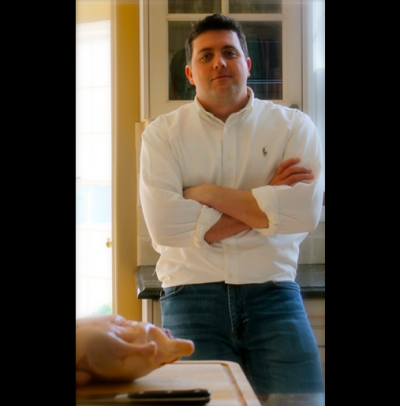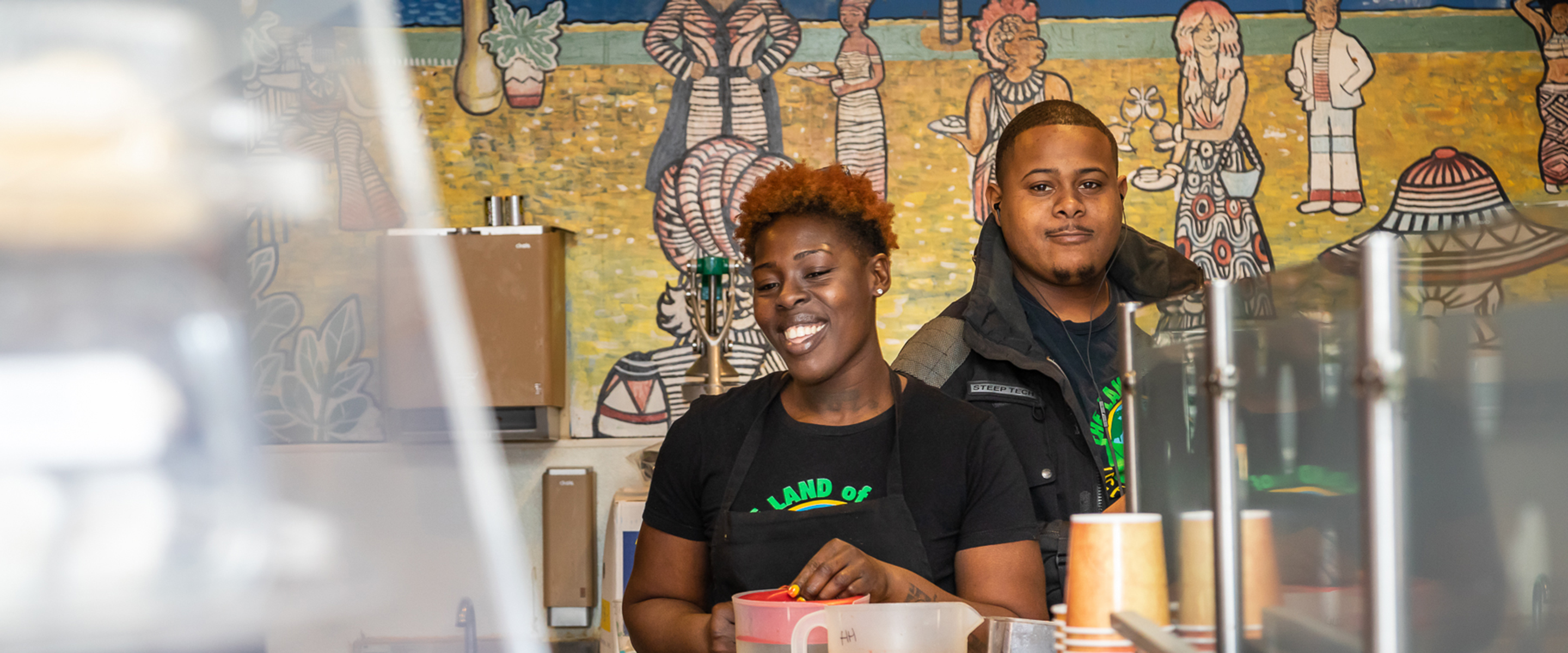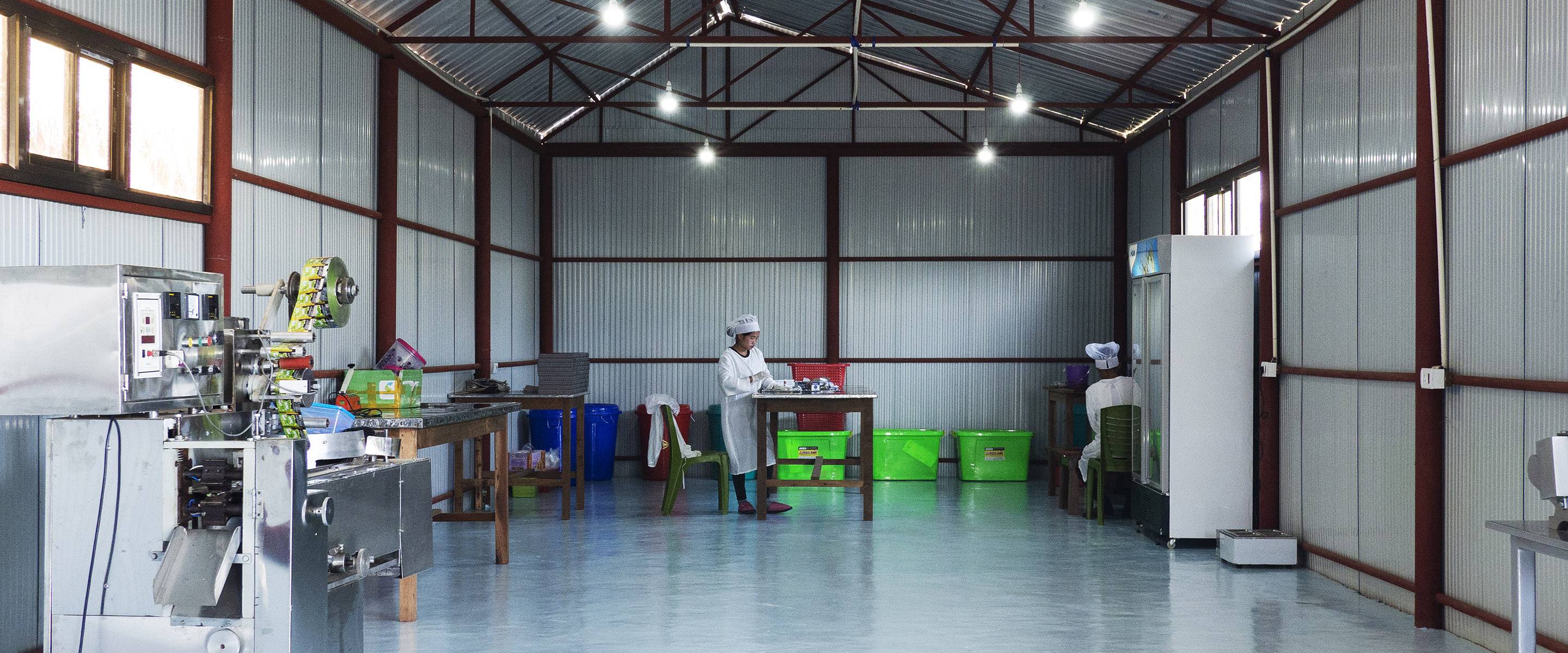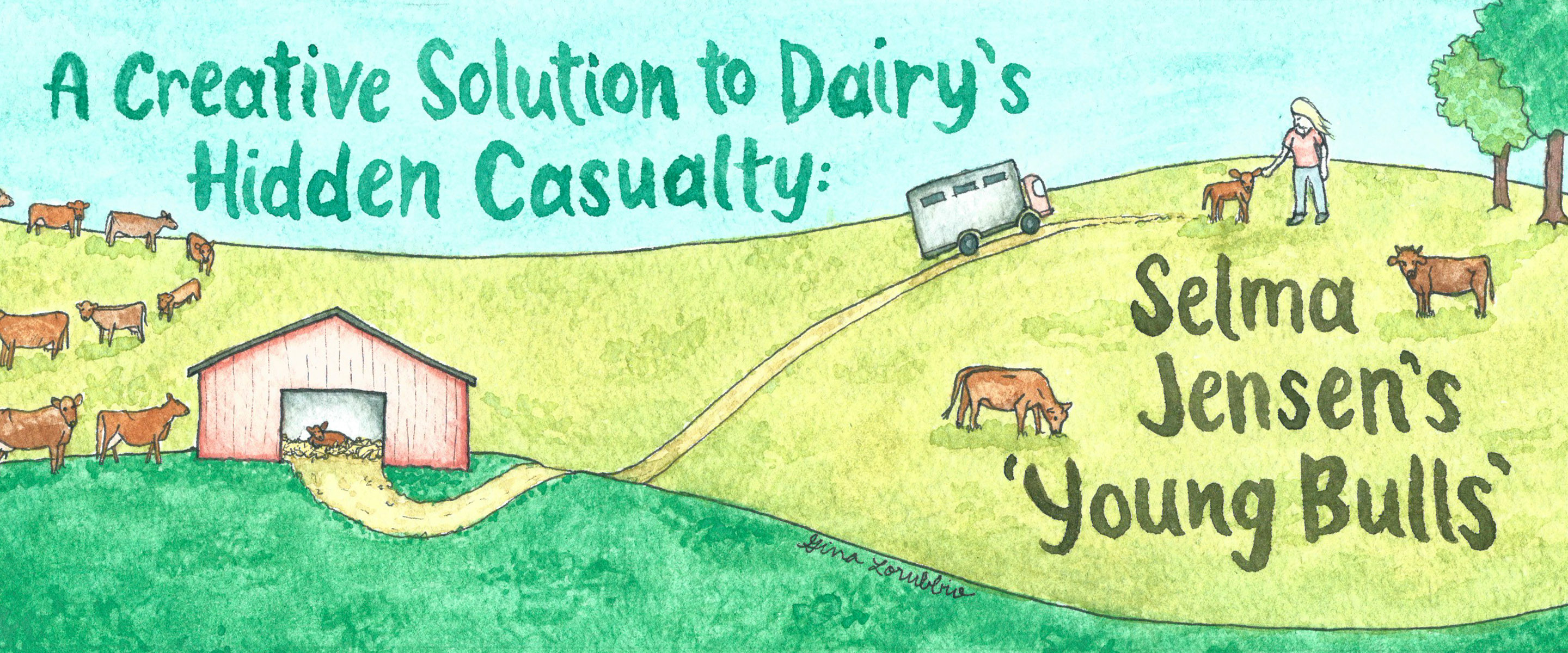Not to - excuse the expression - beat a dead horse, but for anyone wondering whether last week's featured good food worker, Carly, was the only person who successfully found a way to combine food and law?the answer is no, and we've got Jason to prove it. Jason's stateside practice shows us how attorneys can be used in a proactive manner to make more sound business decisions, which is something all of us small food businesses can use to propel the movement. Not only does he relish bringing his work home with him, but he also sometimes eats it for dinner.
When did you know that you wanted to work in food?
I was stationed in Japan for three years while serving in the Marine Corps. That was my first prolonged exposure to a food system and a food culture outside of my native United States. I had traveled previously, but never for long enough to appreciate an alternative production and preparation aesthetic. The Japanese have an over-the-top dedication to perfecting the foods they eat. My three years in Japan marked my shift from being a value-oriented consumer to a quality-oriented consumer. I no longer view a big box of supermarket strawberries on-sale as a bargain. Instead, now I fixate on finding just one or two perfect berries and I go to astonishingly great lengths to find them. I had always appreciated eating, but I never knew great food until Japan. My time there definitely triggered my obsession - after that it was only a matter of time before I figured out how to use my preexisting career as an attorney to make the shift into food.
How did you get your current good food job?
I got it by starting my own law firm dedicated to serving the special needs of farmers and food entrepreneurs. Making food is a unique business and the law treats food very differently. There are special legal and policy benefits available to people who grow it. There are special obligations and burdens for those who sell it or process it. Many of the new, young farmers eagerly entering agriculture for the first time have no idea how well-organized a farming operation must be in order to be profitable. Entrepreneurs in the processing business sometimes don?t know how to do things like forward-contract for their ingredients to get better prices or manage the legal risks of food borne illnesses. I perceived that both of these groups of innovators needed a dedicated legal advocate that understands how our food laws can help them do business better, so I decided to start my own gig.
How did your previous work or life experience prepare you for a good food job?
I had the extraordinary opportunity to pursue an advanced degree in Agriculture and Food Law at the University of Arkansas School of Law, the only program of its kind in the United States. The program gave me a comprehensive understanding of the network of special laws that regulate almost every transaction in our food system. Besides being a food law geek, I also absolutely love food. I am the archetypal consumer for most of my clients? products.This makes me a far more effective advocate for my clients and their unique products because I can understand the mania that drives them to produce a better pork or a better tomato. I share their ambition to see consumers eat better food. I can better appreciate their business aspirations, create opportunities for them and their products, and promote their businesses in unorthodox ways. On one occasion I have had to advocate for a client?s cured salumi from behind my professional meat slicer before a group of interested investors. Let?s see a traditional firm do that.
What was the greatest obstacle you had to overcome in pursuing your Good Food Job dream?
I had to start my own law firm in order to represent the kinds of clients and issues that were important to me and that I could truly be passionate about. I wanted to provide legal counsel to people in the food business who were doing things differently, whether they were growing a heritage breed of livestock or producing an artisanal cheese. Sometimes that means working with start-ups or companies with limited budgets. There are almost no firms out there who see the value in the clientele I currently represent, so there was no place for me to go where I could join a team already practicing my kind of law.
I, however, do see the value in representing the innovators, so I decided to make these people and these businesses my specialty. I wouldn?t ever think of calling it quits, even though starting a firm with such a narrow client niche is challenging. It?s gratifying work, my practice is growing very fast, and every day there are more and more businesses and farming operations that enter the market and realize they need a lawyer on their team that understands their products and their values. I have to work hard to find clients, but by ?work hard? I mean I have to go to events like Meatopia or the Hard Cider Revival at the New Amsterdam Market, eat amazing food, and talk food with people who are equally passionate about it. At this point, I don?t think I would want to represent any other kinds of clients.
What can you identify as the greatest opportunities in food right now?
The greatest opportunity in food right now is the willingness of the public to purchase and eat different things. That gives people like my clients the opportunity to grow or produce compelling, new things for people to eat. Big Food still pumps out moderately safe food at a good price point, but the products they make are beginning to lose their character and their relevance in comparison to the new breed of small, nimble and innovative food entrepreneurs that are capitalizing on the changing market right now. Good Food Jobs is such an influential service because it precisely networks this group of free-thinking entrepreneurs who are capitalizing on the new food trends that are reshaping our food culture. (Editor's Note: We didn't pay him to say that.)
If you could be compensated for your work with something other than money, what would it be?
Jowl and belly of the Mangalitsa, raised by Mosefund Farm, are legal tender in my house. I use it to make home-cured pancetta, bacon, and guanciale, and we find a way to put either of them into just about every thing we cook at home.
New business owners have all sorts of legal inquiries. What are yours? Share your questions in the comments section below.





















